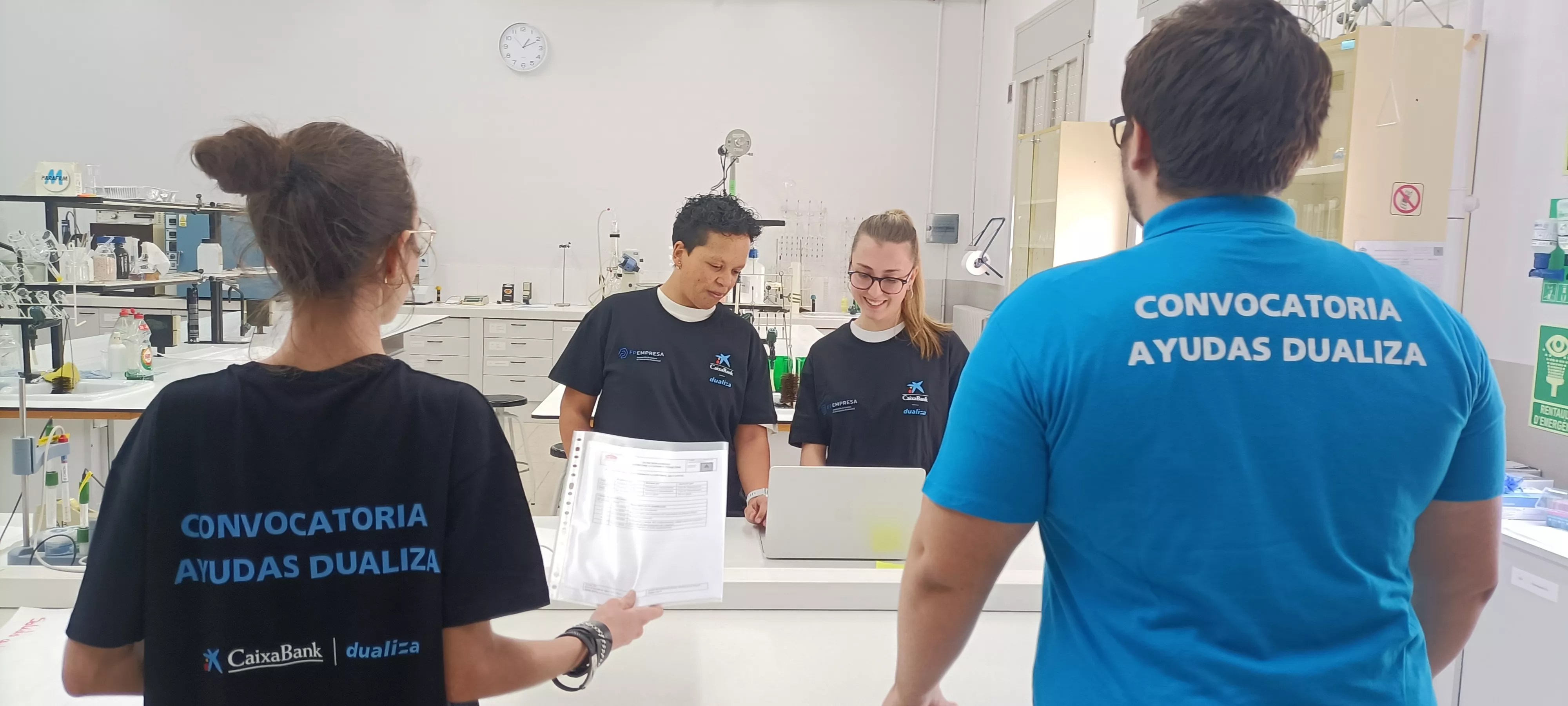
SANTA CRUZ DE TENERIFE, Jan. 13 (EUROPA PRESS) –
The Ministry of Finance, Budgets and European Affairs of the Government of the Canary Islands will include feed in animal feed products taxed with type 0 of the Canary Islands General Indirect Tax (IGIC), by means of a forthcoming decree-law that will include other matters and that The Executive will shortly approve, the Canarian vice president and head of the area, Román Rodríguez, announced this Friday.
This measure will correct the omission produced in the amendment presented to the draft Law on Budgets of the Autonomous Community by which this type was applied to livestock feed products destined for livestock farms registered in the Registry of Livestock Farms of the Canary Islands (REGA). .
After detecting the omission, the Treasury department has activated the procedure to add the feed to the list of products –such as cereals or fodder– that have been type 0 of the IGIC since January 1 of this year.
In this regard, the Deputy Minister of Finance, Planning and European Affairs, Fermín Delgado, explained that, indeed, animal feed is one of the products most used by farmers and that, given that the Executive’s intention has always been to support the sector that right now is in greater difficulties, is going to “repair that omission as soon as possible”.
Delgado also assured that the decree law will also be used to clarify certain technical aspects that are hindering the application of the measure in force, among them, the deliveries of these goods to importers, given that at that precise moment they are not They are in a position to prove that the shipments will be delivered to livestock farms, as established.
In this regard, the deputy minister explained that the most flexible interpretation has been chosen and instructions have been sent to officials of the Canary Islands Tax Agency so that they authorize the dispatch of the merchandise with a zero rate and that, subsequently, the importer himself can accredit through the periodic liquidations of the IGIC its sale to the farmer.
Rodríguez, for his part, has reiterated the Government’s “unequivocal support” for the livestock sector, “which is in an extremely urgent situation, in which production is being reduced and numerous farms are disappearing and there is even a danger, the extinction of the local production of certain foods of animal origin”.
DIRECT AID
The vice president recalled that the Executive granted direct aid to the farmer in 2022 for an amount of 23.7 million euros and that during the first quarter of this year the Ministry of Agriculture will process another 8.5 million euros.
In the same way, he highlighted the authorization of the European Commission to modify in 2023 the aid for local production of the so-called additional Posei (aid authorized by the European Union but granted by the state and regional governments), which has increased by 8 ,7 million euros.
In this way, aid for the production of cow’s milk grew by 50%, which went from 82 euros per ton to 123 euros in the case of the capital islands and 133 euros in the case of non-capital islands.
The same occurs with goat and sheep milk, whose aid increases by 33% and goes from 213 euros per ton to 283 euros in the capital islands and 293 euros in non-capital islands.
In addition, aid to cheese and dairy industries for purchasing locally produced milk is increasing.
Likewise, aid to promote the consumption of local meats (beef, pig, goat and sheep, and chicken and hen) increased by 20%, and aid for egg production increased by 16.6%.
















